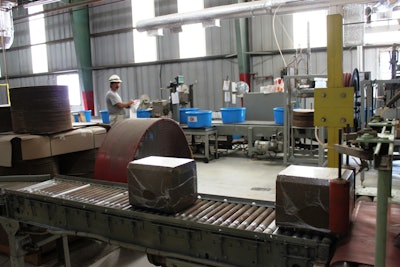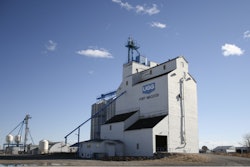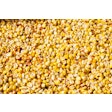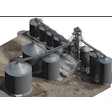
Last month, the FDA denied several feed and grain industry groups’ request to extend the comment period for the “Current Good Manufacturing Practice and Hazard Analysis and Risk-based Preventive Controls for Food for Animals,” under the Food Safety Modernization Act. Commonly referred to as “the animal food rule,” it will affect nearly every feed manufacturer in the nation, and does not provide the exemptions the industry feels are necessary. Some of the changes proposed include new CGMPs for facility operations, equipment design and process controls, as well as mandates on Hazard Analysis and Risk-Based Preventive Controls.
Among the groups requesting an extension was the American Feed Industry Association, the largest organization representing the business, legislative and regulatory interests of the U.S. animal feed industry. Richard Sellers, AFIA’s senior vice president of legislative and regulatory affairs, expressed disappointment over the decision in a statement, noting that the agency received an extension by the courts; however, it did not pay it forward by granting the feed industry the same privilege.
I caught up with Leah Wilkinson, AFIA's director of ingredients, petfood and state affairs, for more on the association’s reaction to FDA’s denial of their request. Wilkinson is heading up the mammoth task of compiling AFIA’s comments on the FSMA’s proposed rules. She said “[We] continue to be surprised by the lack of recognition from FDA on how massive of a change these proposed rules will be on the animal food industry. With the human food industry receiving eleven months to comment, AFIA thought seeking additional time over the five months given seemed rational, but it appears FDA concluded otherwise.”
Despite their hurdles, the AFIA met the March 31 comment period deadline; however, the additional time would have allowed for further analysis and examples to justify their positions. Wilkinson explained “As a member-driven organization, AFIA utilizes its members and committee structure to review proposed regulations and legislation. In this particular case, AFIA has been working diligently with 80 individuals from 50 different member companies who volunteered their time to participate in our work groups for FSMA. These members broke into work groups and sub-work groups to review different portions of the proposed rule, develop a position and then draft the text for the comments.”
But considering the diversity within the feed industry itself, Wilkinson noted that the AFIA carefully examines and evaluates its positions’ potential effect across its entire membership before submitting comments. It takes time to “make sure we have input from the varied segments of the animal food industry to assure everyone is aware and will not be negatively impacted by the proposal or AFIA’s positions. [The] FSMA is the most significant change to how the feed industry is regulated since 1958, and our review and comments have required much thought and analysis for how it will impact the industry.”
Despite AFIA voicing concerns over the enormous implications of the rule, don’t expect the FDA to issue a re-proposal. Instead, it will publish revised language, and the AFIA is committed to making the feed industry’s interests known throughout this process.
“We have repeatedly told FDA from the start that we anticipate additional issues will be identified after the comment period deadline and that we will raise those issues with the agency when they do. After the final rules are published and efforts are made in earnest to comply, AFIA will survey our membership for an understanding of how small to medium-sized firms are adjusting. If more time is needed to comply, AFIA will petition the agency with adequate justification to request more time for compliance.”
In January, the FDA published its “Sanitary Transportation of Human and Animal Food Proposed Rule,” with a comment deadline of May 31. The rule covers less ground and is more focused, and Wilkinson anticipated that the AFIA will be able to provide comments by the set deadline utilizing its work groups and members to review the rule’s impacts.
In addition to AFIA’s comments on the industry’s behalf, you can make your own voice heard by clicking here to comment directly to the FDA before the end of next month. Look for more information on the proposed transportation rule in the article “Industry Braces for Rules Rollout,” in our April/May 2014 issue.












